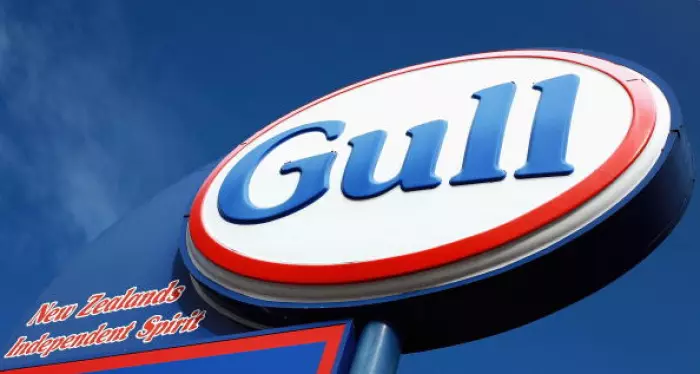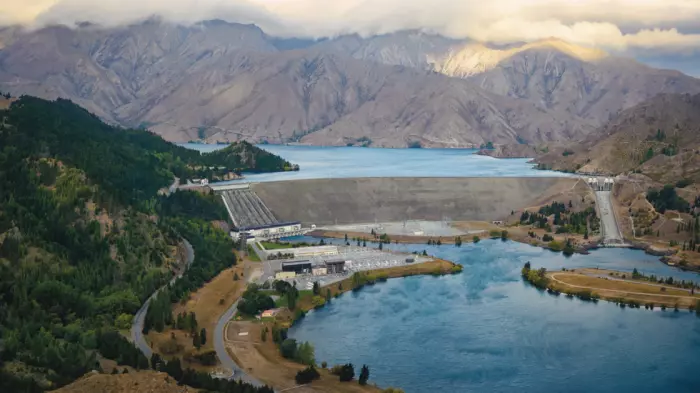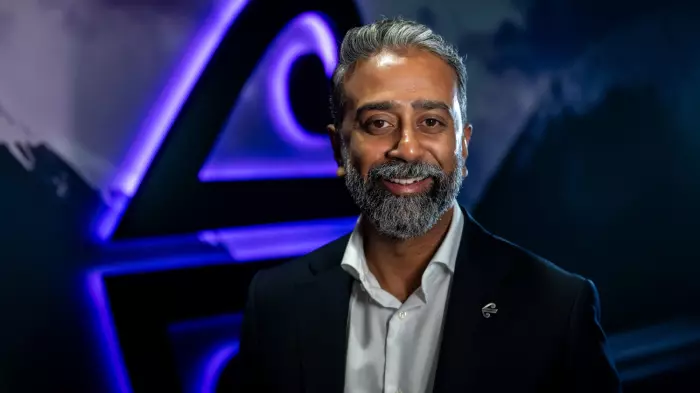Gull NZ says Ngāi Te Rangi iwi and another undisclosed Māori entity have come on board as new investors and partners.
The statement announcing the deal had no details on the transaction, such as how much money was involved, or the nature or size of the stake taken in Gull. Gull has been approached for further detail.
In July, Allegro bought 100% of Gull from Ampol for about $522 million in cash. The sale was forced on Ampol by regulators as part of the takeover of Z Energy.
The petroleum distribution company has 117 sites nationwide and calls itself the largest independent vertically integrated fuel retailer and terminal operator in Aotearoa.
Gulls general manager Dave Bodger said both Māori entities – Ngāi Te Rangi iwi whose rohe is Tauranga Moana near Gull’s Mt Maunganui site as well another Māori entity who is remaining “undisclosed at present” – would bring valuable additional input and perspectives.
The two entities have formed a company called 28 Galileo as a vehicle for the investment.
The companies register list 28 Galileo as owned by NST Investments, Mt Maunganui and Tauhara North Holdings in Rotorua – a lands trust within the rohe of Ngāti Tahu-Ngāti Whaoa.
“We are delighted to have two key Māori entities as part of our expanding energy business across Aotearoa,” Bodger said.
“Ngāi Te Rangi are one of Gull’s neighbours in Tauranga and will be the lead investor.”
He said both Māori entities had “strong alignment” with Gull’s business through their respective connection to Tauranga where Gull’s terminal site is located.
The second Māori entity’s investments, which is also near Ngāi Te Rangi, are across a range of energy assets, Bodger said.
28 Galileo will join existing majority shareholder Allegro Funds as owners of the overall business.
Ngāi Te Rangi chief executive Paora Stanley said all parties involved had interests in a variety of businesses nationally and internationally.
“This investment represents an opportunity for our iwi to diversify our investment portfolio a little more,” he said.
“There are things that Allegro does that we recognise are very similar to what we do, except they have a lot more zeros on the end of their investments.”
Stanley said the thing all the parties involved had in common was that their various tikanga was the same – maybe different language names but it was still the same.
Gull chair and Allegro Funds’ managing director Fay Bou said the Māori investment represented an important milestone for Gull and Allegro.
“We see strong strategic alignment of values and interests between Allegro, Gull and our Māori partners,” he said.
“Allegro prides itself on a partnership approach, and since taking ownership of the business in July this year it has been a priority to partner with the traditional owners and custodians of the land on which Gull’s operations are located.”
Gull and Allegro were advised by the PwC NZ Manukura Māori business team on the partnership transaction. Ngāi Te Rangi and members of 28 Galileo were advised by KPMG and Mackenzie Elvin.





